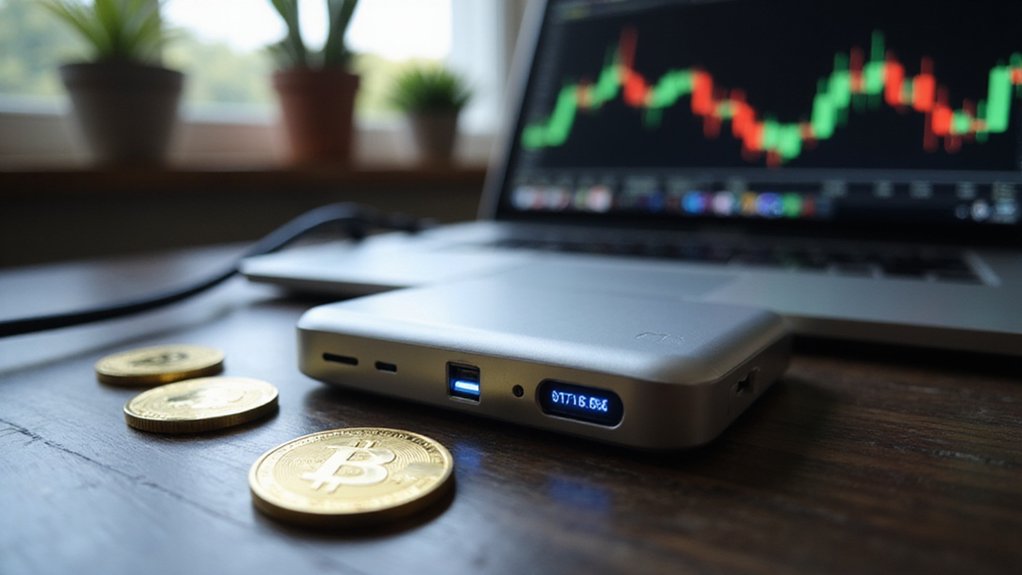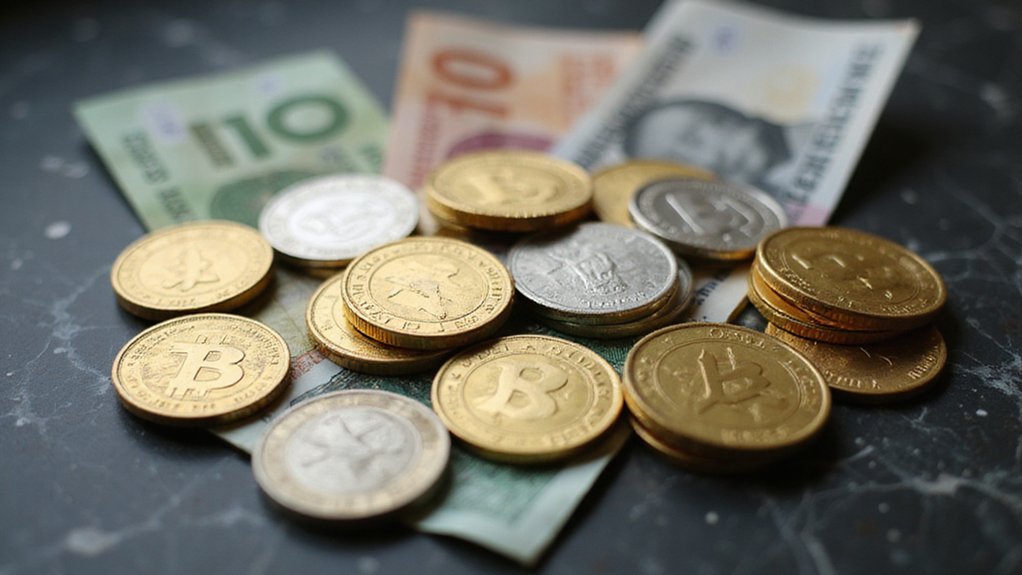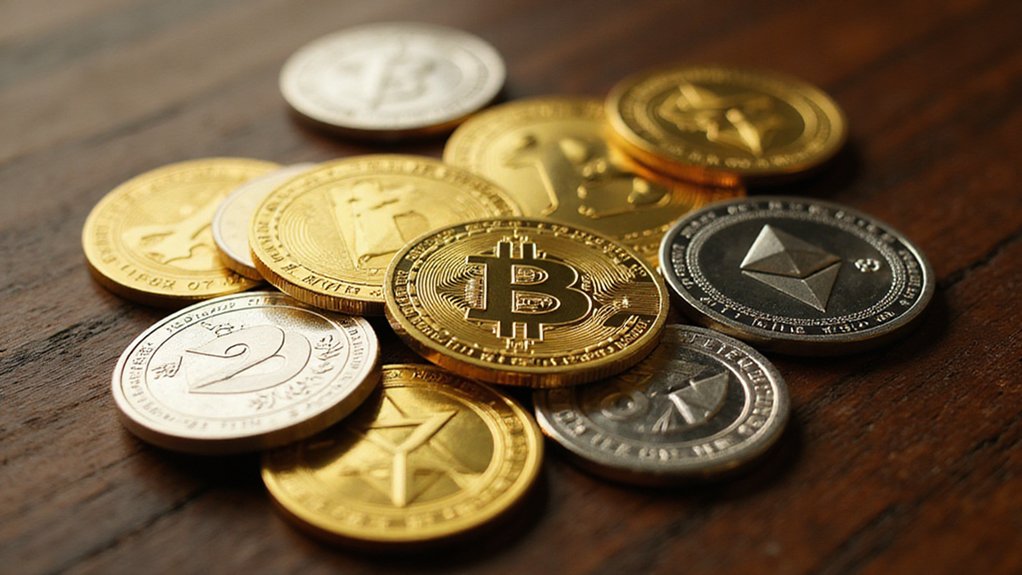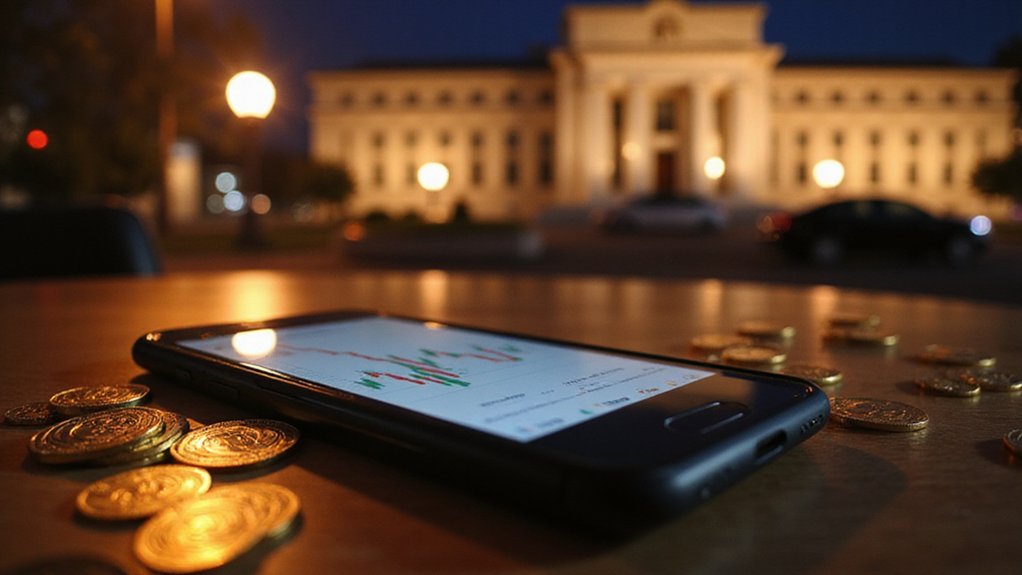Beginners can purchase cryptocurrency through centralized exchanges like Coinbase or Binance by completing KYC verification, linking bank accounts or credit cards, and executing trades—though the apparent simplicity masks underlying complexities involving wallet management, private key security, and transaction fees that can (during network congestion) exceed the actual purchase amount. While centralized platforms offer convenience and liquidity, decentralized exchanges provide greater control at the cost of technical competency requirements, creating trade-offs that extend far beyond the initial transaction.
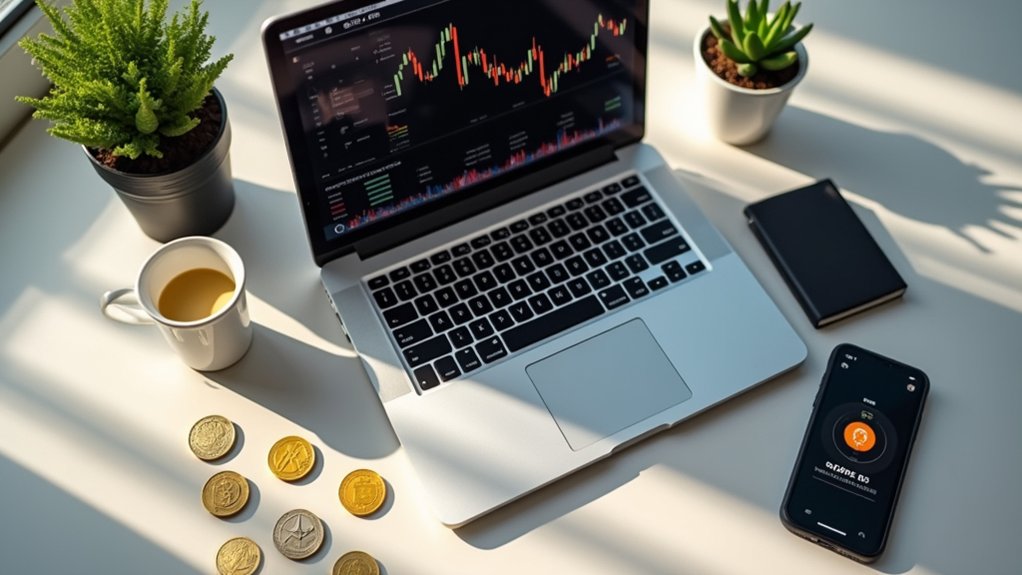
Why do millions of people willingly traverse the Byzantine labyrinth of cryptocurrency exchanges, wallet configurations, and regulatory compliance just to own digital assets that exist solely as cryptographic signatures? The answer lies somewhere between financial opportunity and technological fascination, though the path requires considerably more preparation than purchasing traditional securities.
Centralized exchanges (CEXs) like Coinbase, Binance, and Kraken dominate the crypto acquisition landscape, each serving distinct user profiles. Coinbase courts beginners with intuitive interfaces, while Binance attracts volume traders seeking minimal fees despite traversing increased complexity. Kraken emphasizes security and customer support—qualities that seem almost quaint in an industry where “code is law” until it isn’t.
Each exchange cultivates its tribe—novices seeking simplicity, traders chasing margins, and security-conscious users demanding institutional-grade protection in crypto’s wild west.
Decentralized exchanges (DEXs) such as Uniswap and PancakeSwap eliminate intermediaries entirely, though this peer-to-peer approach assumes users possess sufficient technical competence to avoid costly mistakes. The CEX versus DEX decision involves familiar trade-offs between convenience and control. Centralized platforms offer perfect liquidity scores and accept conventional payment methods (bank transfers, credit cards), but mandate Know Your Customer verification that strips away cryptocurrency’s original anonymity promise.
Hardware hackers perpetually circle these honeypots, making exchange selection a security assessment exercise. DEXs preserve privacy by eschewing KYC requirements, yet beginners often struggle with their complexity while sophisticated fraudsters exploit the absence of institutional safeguards. Understanding blockchain technology helps users appreciate how these decentralized systems validate transactions without requiring traditional intermediaries.
Wallet setup precedes any purchase—a critical step involving private key management that transforms neophytes into their own banks, complete with associated responsibilities. Hardware wallets provide offline security through cold storage, while software wallets offer convenience at the expense of online vulnerability.
Payment methods present their own optimization puzzle: bank transfers minimize fees but extend settlement times, while credit cards provide instant gratification through premium pricing. Gas fees on DEXs fluctuate wildly based on network congestion, occasionally exceeding transaction values during peak demand periods.
Security protocols demand paranoid attention to detail—two-factor authentication, unique passwords, phishing awareness, and withdrawal whitelisting represent baseline precautions. The cardinal rule remains unchanged: never store significant holdings on exchanges, regardless of their security theater. Crypto-related scams have surged dramatically, with fraudsters often masquerading as support staff to steal credentials and funds from unsuspecting users. After all, “not your keys, not your crypto” isn’t merely a slogan—it’s a financial reality with expensive lessons attached. The sale and purchase of cryptocurrency remains legal in all 50 U.S. states as these digital assets function as decentralized currencies.
Frequently Asked Questions
What Happens to My Cryptocurrency if the Exchange Gets Hacked?
When an exchange suffers a hack, investors may lose part or all of their cryptocurrency holdings, depending on the exchange’s insurance coverage and recovery capabilities.
Assets typically become inaccessible during investigations, with withdrawals frozen indefinitely.
While some platforms reimburse users through reserves or contingency funds, others leave customers bearing the full brunt of losses—a sobering reminder that centralized custody introduces counterparty risk into an ostensibly decentralized asset class.
How Do I Report Cryptocurrency Gains on My Tax Return?
Cryptocurrency gains require meticulous documentation through Form 8949 (detailing each transaction) and Schedule D for capital gains summarization.
Short-term holdings face ordinary income rates up to 37%, while long-term positions enjoy preferential rates capped at 20%.
Every taxable event—sales, crypto-to-crypto trades, purchases using digital assets—demands reporting.
Mining and staking rewards constitute ordinary income, reported separately.
Given the IRS’s increasing scrutiny of digital assets, maintaining thorough transaction records isn’t merely advisable; it’s essential for avoiding penalties.
Can I Lose More Money Than I Initially Invested in Cryptocurrency?
In straightforward cryptocurrency purchases, losses remain capped at the initial investment—the asset’s value cannot venture below zero.
However, leverage trading fundamentally alters this equation, potentially creating obligations exceeding original capital. Margin calls, derivatives, and borrowed funds can generate losses surpassing initial outlays when markets move unfavorably.
For typical spot purchases without leverage, investors face complete loss of invested funds but avoid additional debt obligations beyond their original commitment.
What’s the Difference Between Hot Wallets and Cold Wallets for Storage?
Hot wallets maintain internet connectivity, enabling swift transactions but exposing private keys to cyber threats—a trade-off between convenience and vulnerability.
Cold wallets store keys offline, sacrificing accessibility for superior security against digital attacks.
While hot wallets excel for active trading (despite their inherent risks), cold storage serves long-term holdings effectively.
The irony? Achieving cryptocurrency security often requires abandoning the very digital accessibility that makes it appealing in the first place.
How Do I Recover My Cryptocurrency if I Forget My Wallet Password?
Password recovery typically involves three escalating approaches: deploying open-source tools like BTCRecover for brute-force attempts (assuming one possesses wallet.dat files and considerable processing power), engaging professional services such as Cryptorecovers when self-recovery fails, or—if fortune favors the forgetful—utilizing seed phrases to restore wallets entirely.
The irony? Those who meticulously backup seed phrases rarely forget passwords, while those prone to password amnesia seldom maintain proper backups, creating a rather predictable paradox.
